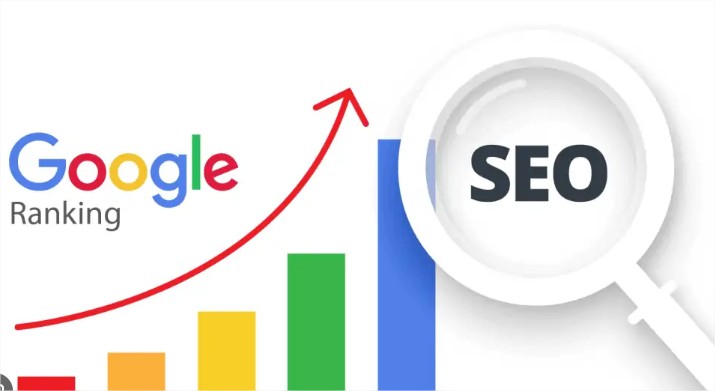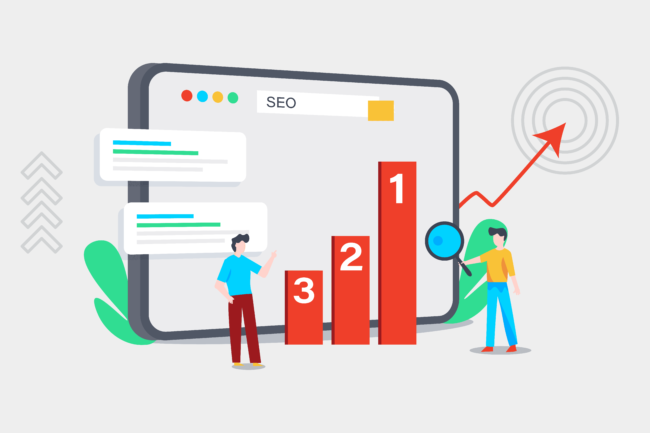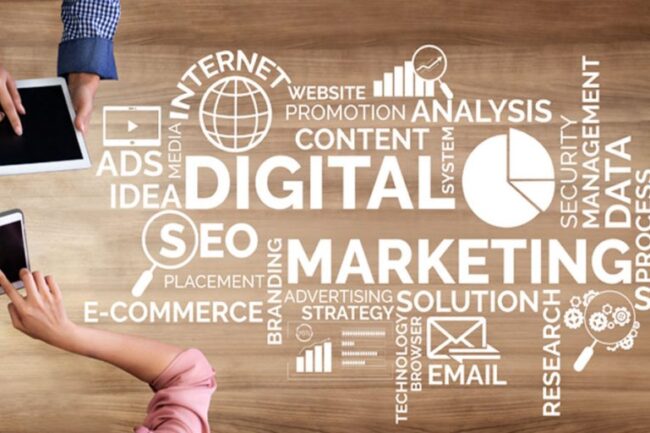In the digital landscape, website performance is no longer just a technical concern—it’s a critical business strategy. One of the most significant aspects of website performance is loading speed. The time it takes for your website to fully load can directly affect your search engine rankings, user experience, and ultimately, your revenue. Google, the world’s most popular search engine, has made it clear that loading speed is a crucial factor in its ranking algorithm. This article explores how improving your loading speed can significantly impact your Google ranking and why it should be a priority for your business.
Why Loading Speed Matters
Loading speed refers to the time it takes for a web page to display all its content fully. This includes images, text, videos, and other elements on the page. With the increasing use of mobile devices and the expectation of instant information, users are less patient than ever. According to studies, 53% of mobile users abandon a website if it takes more than three seconds to load. This means that a slow website not only frustrates users but also drives potential customers away.

Google’s Emphasis on Speed
Google has always prioritized user experience, and loading speed is a key component of that experience. In 2010, Google announced that page speed would be a ranking factor in desktop searches. This was later extended to mobile searches in 2018 with the “Speed Update.” Google’s Page Experience update, which rolled out in 2021, further emphasizes the importance of speed, incorporating metrics like Largest Contentful Paint (LCP), First Input Delay (FID), and Cumulative Layout Shift (CLS) into its ranking algorithm.
These metrics measure how quickly the largest visible content is displayed, how long it takes for the website to respond to a user’s first interaction, and how stable the content is as it loads. Websites that score well in these areas are likely to rank higher in search results, giving them a competitive edge.
The Business Impact of Loading Speed
The impact of loading speed on your Google ranking is just the tip of the iceberg. A slow-loading website can have far-reaching consequences for your business:
- Decreased User Engagement: When users have to wait too long for a page to load, they’re more likely to leave without interacting with your content. High bounce rates signal to Google that your website may not be providing the best user experience, which can negatively impact your rankings.
- Reduced Conversion Rates: Loading speed directly affects conversion rates. Studies have shown that a one-second delay in page load time can result in a 7% reduction in conversions. This means that if your website is generating $100,000 per day, a one-second delay could potentially cost you $2.5 million in lost sales annually.
- Lower Customer Satisfaction: Speed is a critical factor in customer satisfaction. Users associate fast-loading websites with professionalism and reliability. Conversely, a slow website can harm your brand’s reputation, leading to lower customer satisfaction and loyalty.
- Impact on SEO: Beyond Google’s ranking algorithm, slow loading speed can also impact other SEO factors like crawl budget. If your website is slow, search engine crawlers may not be able to index all your pages effectively, resulting in fewer pages being included in search results.
How to Improve Your Loading Speed
Improving your website’s loading speed is not just a one-time task but an ongoing process. Here are some strategies to help you optimize your website speed:
- Optimize Images: Large image files are one of the most common causes of slow loading times. Use image compression tools to reduce the file size without sacrificing quality. Also, consider using next-gen formats like WebP, which offer better compression rates.
- Minimize HTTP Requests: Every element on your web page, including images, scripts, and stylesheets, requires an HTTP request. Reducing the number of these requests can significantly improve loading speed. Consider combining files, using CSS sprites, and minimizing the use of external scripts.
- Enable Browser Caching: Browser caching stores a version of your website on the user’s device, reducing the need to reload the entire site every time they visit. By setting up caching, you can decrease loading times for returning visitors.
- Use a Content Delivery Network (CDN): A CDN stores copies of your website on servers located around the world. When a user accesses your site, the CDN serves the content from the server closest to them, reducing the distance data has to travel and speeding up loading times.
- Optimize Code: Clean, efficient code is crucial for fast loading speeds. Minify your HTML, CSS, and JavaScript files by removing unnecessary characters, spaces, and comments. Also, consider asynchronous loading for JavaScript, so it doesn’t block the rendering of your page.
- Upgrade Your Hosting Plan: If your website is still slow after optimization, it might be time to upgrade your hosting plan. Shared hosting plans can limit your site’s speed due to limited resources. Consider switching to a Virtual Private Server (VPS) or a dedicated server for better performance.
The Role of Professional Help
While these strategies can significantly improve your loading speed, optimizing a website for speed can be complex and time-consuming, especially if you’re not technically inclined. That’s where professional help comes in. At SEO Digital Pro, we specialize in optimizing website performance, including loading speed, to ensure that your site not only ranks higher on Google but also provides a superior user experience.
Our team of experts will conduct a thorough analysis of your website, identify areas for improvement, and implement the necessary changes to boost your loading speed. Whether it’s optimizing your images, minifying your code, or setting up a CDN, we’ve got you covered.
Conclusion
Improving your loading speed is more than just a technical tweak—it’s a crucial factor that can significantly impact your Google ranking and, by extension, your business success. In a world where speed is everything, don’t let a slow website hold you back. Contact us today at +51 910 007 046 or email us at hola@seodigitalpro.com to learn how we can help you optimize your website for speed and performance.
Your business deserves a website that not only looks great but also performs at its best. Let us help you achieve that and stay ahead of the competition.


